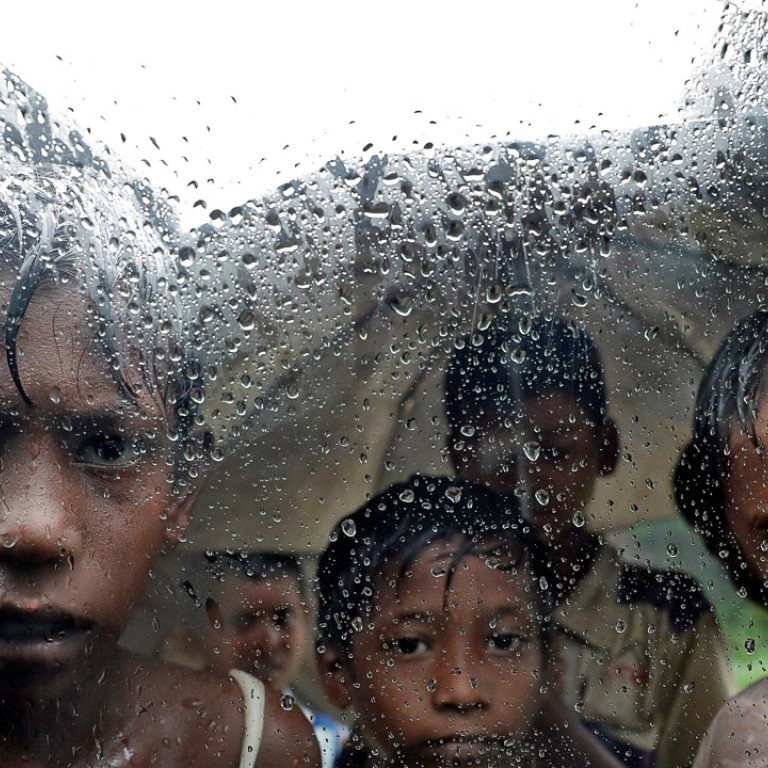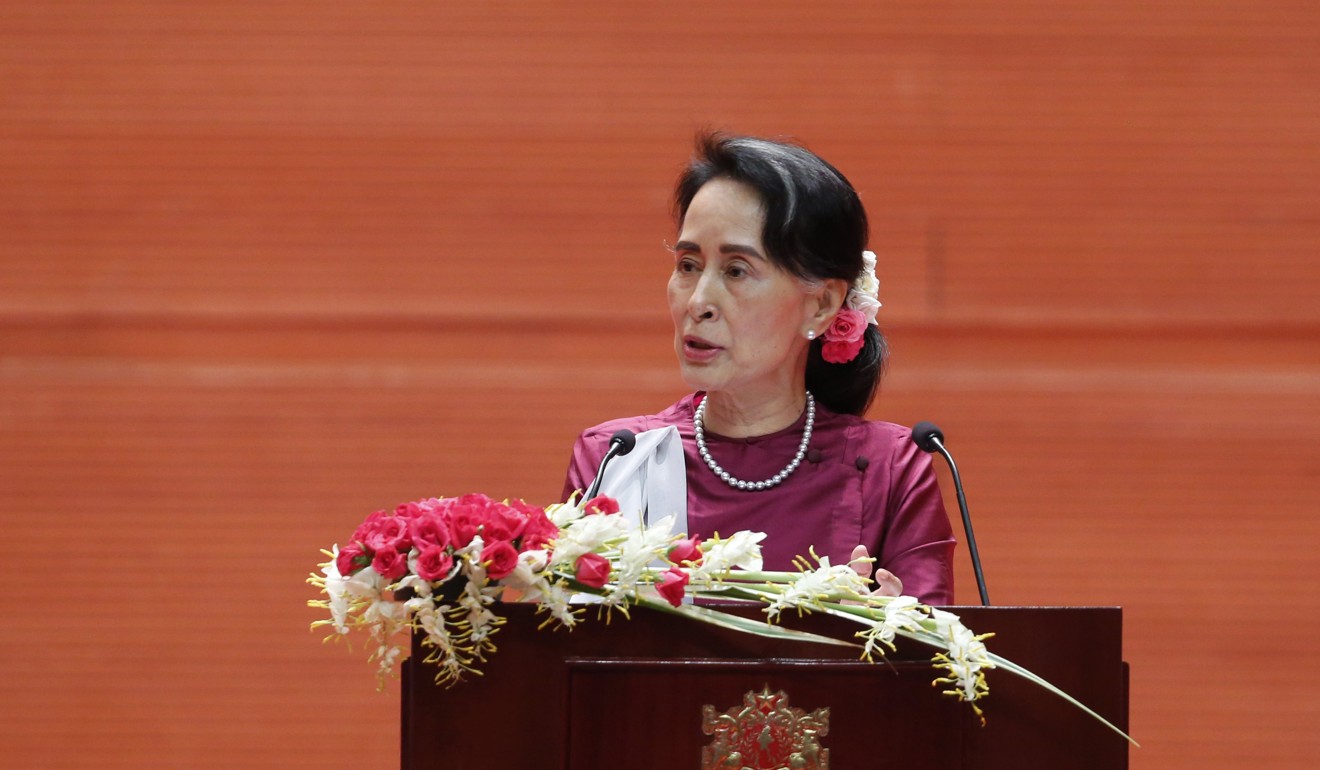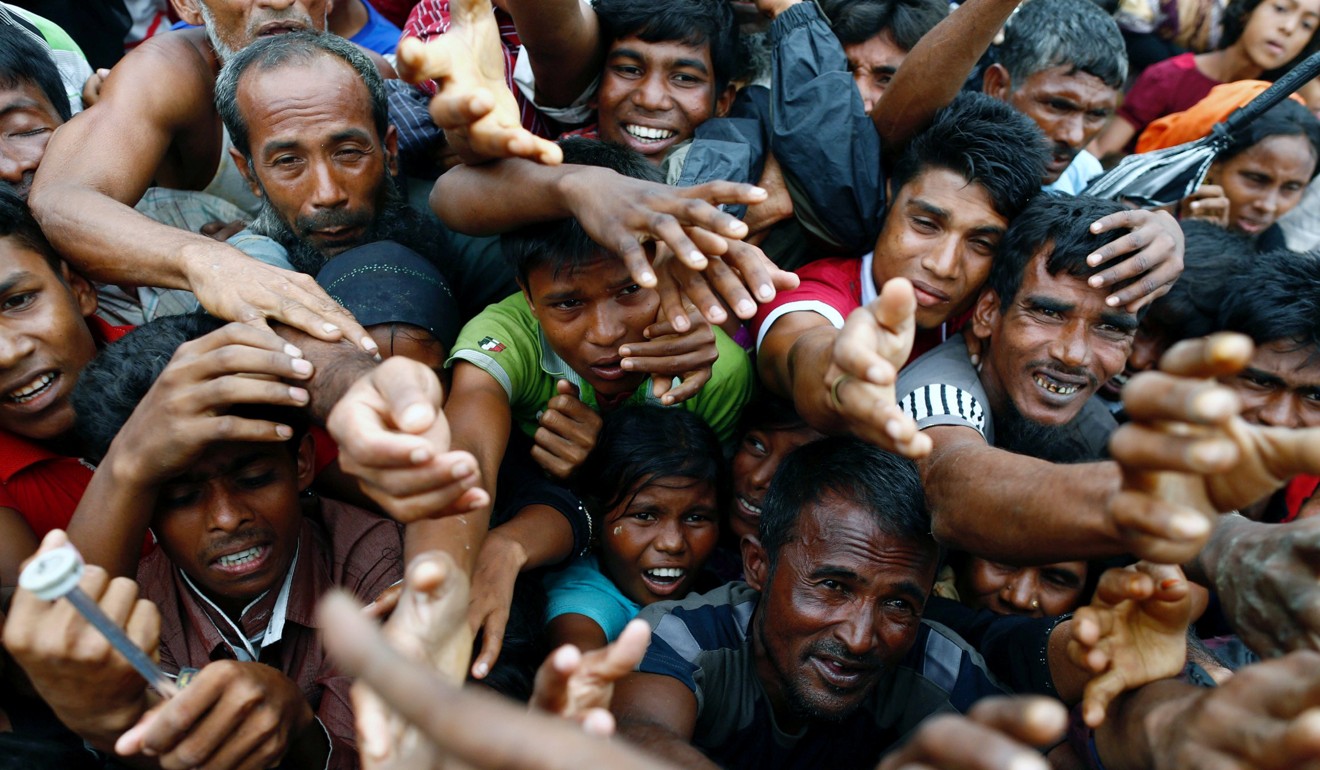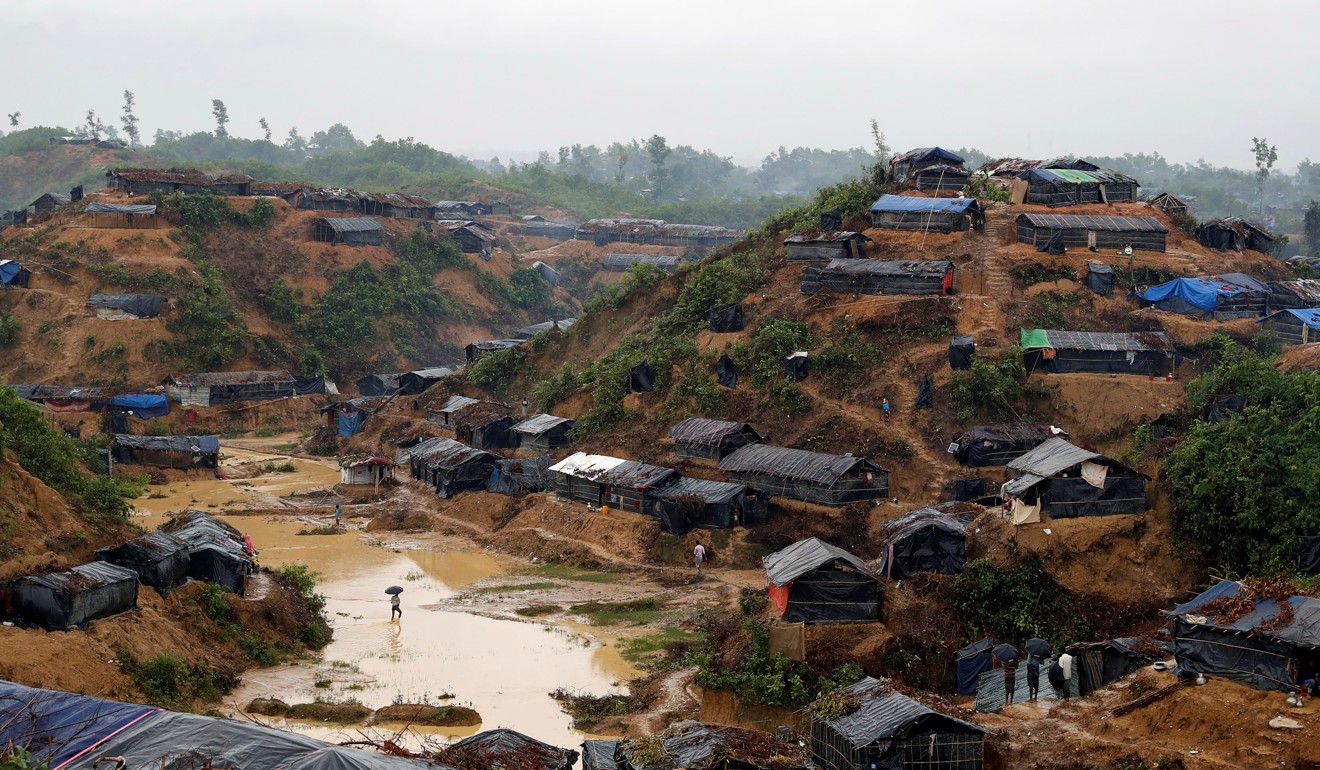
Myanmar’s problems go far deeper than the Rohingya crisis
Aung San Suu Kyi is in a tricky position, knowing she has only the most limited influence over the Tatmadaw, the country’s all-powerful army
In Harvard last week, hundreds gathered for the 2017 Ig Nobel Awards, celebrating research on why old men have big ears, whether cats are solid or liquid, and whether gamblers take bigger risks in the casino after they have hugged a crocodile.
If developments in Myanmar were not so horribly unfunny, Nobel Peace Prize winner Aung San Suu Kyi would have been a prime candidate for “Ignobility”.
From the high hopes generated when the military ceded parliamentary power in 2011, and when she received her Peace Prize in 2012 (she in fact received the award in 1991, but was under house arrest at the time), she has fallen far. A Financial Times editorial reached its own harsh and perhaps premature view after her tepid address last week: “Her chance has come and gone and she has failed the test.”
Whether this is her own fault, falling short of the “Mandela” expectations of her, or the product of falsely inflated expectations in a nightmarishly complex country, only time will tell. Meanwhile, hundreds of thousands in Myanmar continue to suffer, and the potential of one of Asia’s largest and best resource-endowed economies continues to be untapped.

But the “Myanmar problem” is much more than this. First, despite the Buddhist majority, the country is thought to be home to around 100 different ethnic communities, 17 of them with their own ethnically-based armies. Kachin and Shan populations along the border with China’s Yunnan have been in a state of civil war with the country’s 400,000-strong army, called the Tatmadaw, virtually since General Ne Win brought the military to power in a coup in 1962.

With these factors in mind, those who thought that a robust democracy would blossom when the military finally decided to step back in 2011 were hopelessly naive. The Tatmadaw appear to have been sincere in their decision to begin a transition towards democracy and civilian rule – and seem sincere even today. But they have crafted a constitution that protects the army’s huge power – both political and economic – and as a result have kept the country’s newly-minted democratic politicians well clear of influence over defence, security, home affairs, and much of the economic decision-making.
Aung San Suu Kyi and her National League for Democracy, who swept to power in both the country’s lower and upper houses in the November 2015 elections, are better aware than any of us outsiders of the strict limits on their power. They have signed this Faustian pact in the hope that over time, the military figures that still control the country will step back and enable Myanmar eventually to join other nations in Southeast Asia with a properly functioning democracy. As the Harvard-educated historian Thant Myint-U noted: “Like it or not, the army has been at the very core of the state for decades. It’s hard to think about the future of military-owned companies without thinking about the army’s future place in Myanmar.”

Further muddying the water is deep-seated anxiety over the long-standing interest China has shown in the country. China has by far the largest political, strategic and economic interests in Myanmar, seeing it as the bridge between “two oceans”, but in return has fomented fierce suspicion. A gas pipeline from the Rakhine port of Kyaukphyu to Kuching in Yunnan has been operating for some time, but only recently were long delays resolved over an oil pipeline that could deliver up to one sixth of China’s oil needs. No wonder China is so quiet about Myanmar as part of its ambitious Belt and Road strategy, even though infrastructure-building through Myanmar, reducing reliance on cargoes that currently have to pass through the Malacca Strait, is glaringly pivotal to the plan.
There seems a grave danger that the bloody ‘area clearance’ operation may explode into something much bigger
So the “Myanmar problem” has deeper and more complex roots than the Rohingyan crisis, but the international community is right to be alarmed and outraged. There seems a grave danger that the bloody “area clearance” operation, triggered by an August 25 attack on police posts in Rakhine by the Arakan Rohingyan Salvation Army, may explode into something much bigger.
Many in Southeast Asia fear that the conflict may so inflame long-standing Muslim-Buddhist tensions that it internationalises what has until now been a domestic conflict, potentially destabilising the entire Southeast Asian region, and drawing in Islamic militants from Syria and Iraq.
Muslim-dominated Malaysia and Indonesia have been fast to express alarm, even with threats that Myanmar should be expelled from Asean if it does not quickly bring the crisis under control.
So Aung San Suu Kyi sits on a horribly delicate seat. Despite her revered international standing, she knows she and her fellow civilian politicians have only the most limited capacity to bring influence to bear on the Tatmadaw.
When I last visited Myanmar five years ago, I concluded that the country would remain “risky, corrupt and complicated for some years to come”. I thought progress might look similar to China’s “two steps forward, one step back”. Sadly, that might have been optimistic.
David Dodwell researches and writes about global, regional and Hong Kong challenges from a Hong Kong point of view

